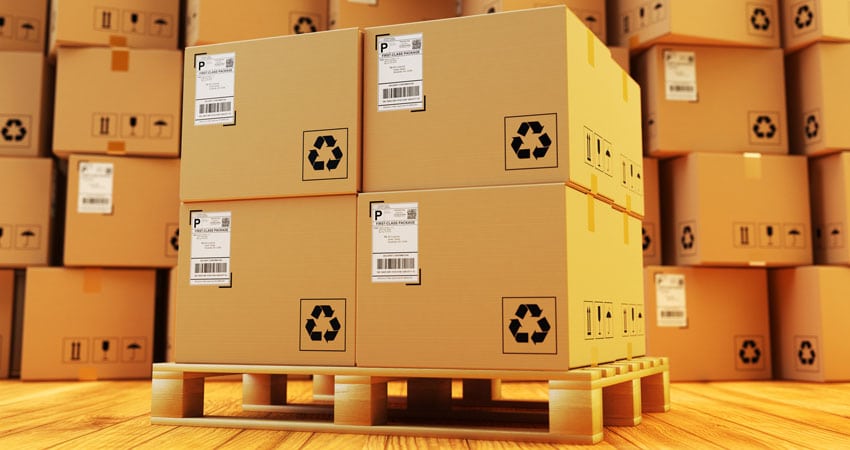With an estimated $3 billion left on the table each year in unclaimed refunds from major carriers for errors such as late or wrong deliveries, a software company has figured out how to automate the claims process and win some of that money back for its shipper clients.
LateShipment, founded in 2012, started life as an in-house tool for RIP-IT Sports, an online seller of baseball and softball gear based in Orlando, FL. LateShipment’s CEO and co-founder, Sriram Sridhar, was CTO of RIP-IT at the time.
Sridhar said his company is on track to process 1.8 million claims this year to the tune of $1.8 million in refunds for clients, including major retailers he would not name; he hopes to roughly double that refund figure in 2018. Sridhar said clients range from major companies to small ecommerce firms, shipping millions of orders to a few thousand a year, with 60% of them in the B2C space.
Using analytics and real-time reporting, LateShipment’s technology scans shipping data, identifies errors and notifies the shipper. It can automatically process claims for more than 50 types of carrier service failure, including late deliveries, billing errors and incorrect surcharges. The funds are credited back to the shipper’s account, with LateShipment getting 35% of the refund in the U.S. and 35% in Canada.
“The average refund claim takes 7-21 days to process and requires you to audit every correct delivery to find the 3% to 7% of packages that have issues,” Sridhar said. “If you’re running a business full time, your primary job is not working with carriers on refunds. You definitely don’t have the time and resources to go after all of them.”
After its in-house claim processing automation tool successfully gained back a $12 refund from FedEx without any human intervention, Sridhar and his team realized the potential of what they had created.
“That’s when it hit us,” he said. “If we’re able to do this at scale, there’s a lot of money left on the table with the carriers. We started looking at the numbers and they were astounding. Through a simple calculation based on the volume of packages FedEx and UPS ship and a conservative error rate of 3.5%, and the fact that 97% of them don’t result in refunds, that’s more than $3 billion a year.”
He said lack of awareness on the part of shippers about relevant sections of their carrier contract terms is the main reason refunds go unclaimed, along with the laborious processing of submitting them and being approved. Sridhar said speed bumps like Captcha codes started showing up in carrier claim processing systems, requiring LateShipment to develop technical work-arounds.
Sridhar said LateShipment’s software works with 16 different carriers in 12 countries, including UPS, FedEx, the U.S. Postal Service, TNT Express (now part of FedEx) DHL and Canada Post/Purolator, with more being added all the time.
Once carriers realized that LateShipment’s clients were consistently putting in claims for every shipping error, the settlement process moved faster. “They don’t like working on claims, because it costs them time and resources,” Sridhar said. “When they knew they were being held accountable, the claims got settled quicker. In a lot cases, clients would see a subtle increase in carrier performance, almost like a QC process.”
Because the carriers have restrictions on access to shipping data out of their systems, reducing visibility into shipping errors, LateShipment created its own means of tracking and monitoring in order to identify eligible refunds. “It reduced our reliance on systems provided by the carriers,” Sridhar said.

